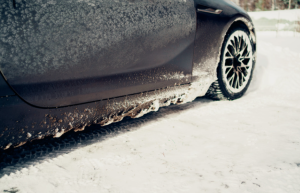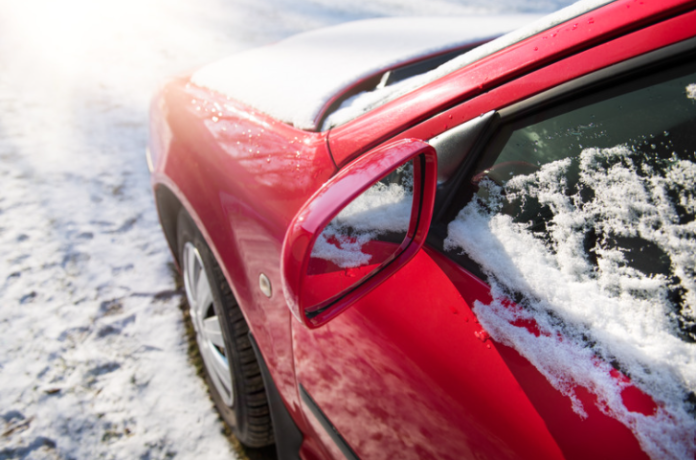Table of Contents
We’re well into the thick of winter now and that can make travelling by car more difficult than in the warmer months. It’s likely you’re aware of the challenges that come with driving a car in winter. The dark sky makes it harder to see clearly, there’s that extra time you need before journeys to de-ice the windscreen and, of course, the safety precautions to take when driving in snowy or icy conditions.
One thing you may not be aware of, however, is the number of things that can go wrong with your car over the coldest season. From batteries that drain faster to getting locked out of your vehicle after a freezing night, there are a number of things that can happen which would rarely affect you in spring or summer. Here we explore the most common problems you should expect as a car owner in winter.
Common Car Issues During Winter
Dead batteries

Car batteries tend to lose more power when the weather is colder, as the drop in temperature affects the chemical reaction in the battery. This means your car battery wears out much faster in winter, as more battery power is used to start the engine in the colder months, compared to when the weather is warmer.
As the weather gets colder, your tyre labelling will lose pressure and become flat. Tyres typically lose around one to two pounds per square inch for every temperature drop of -10°C. Under-inflated tyres don’t perform well, particularly in icy weather, and can be dangerous to drive with, so it’s essential to monitor winter tyre pressure regularly through the colder months.
Frozen Locks

Drivers often find themselves locked out of their cars during cold weather. This happens when the lock gets wet from rain, hail, or snow, and then the water freezes because of the extreme temperature. Keeping de-icer on hand will make it easy to melt the ice and open the door again. Hand sanitiser can also be used if there is no de-icer available, due to its high alcohol and ethanol content.
Thickened Fluids

Colder weather often causes fluids in your vehicle such as oil, brake, and transmission fluids to thicken, which can affect the power of your vehicle and even damage its internal components. The fluids may also leak which can cause serious problems, including transmission failure. If this happens, you may need to assess your financial situation before then consulting a trusted mechanic.
Failed Spark Plugs
Many drivers fail to consider their spark plugs when driving during winter. Car engines in general require more maintenance and monitoring when the temperature drops and the same goes for spark plugs. Older plugs often fail in cold weather, as they’re more susceptible to corrosion which can affect their functionality. Check your spark plugs regularly and replace any which are worn, broken, or cracked.


